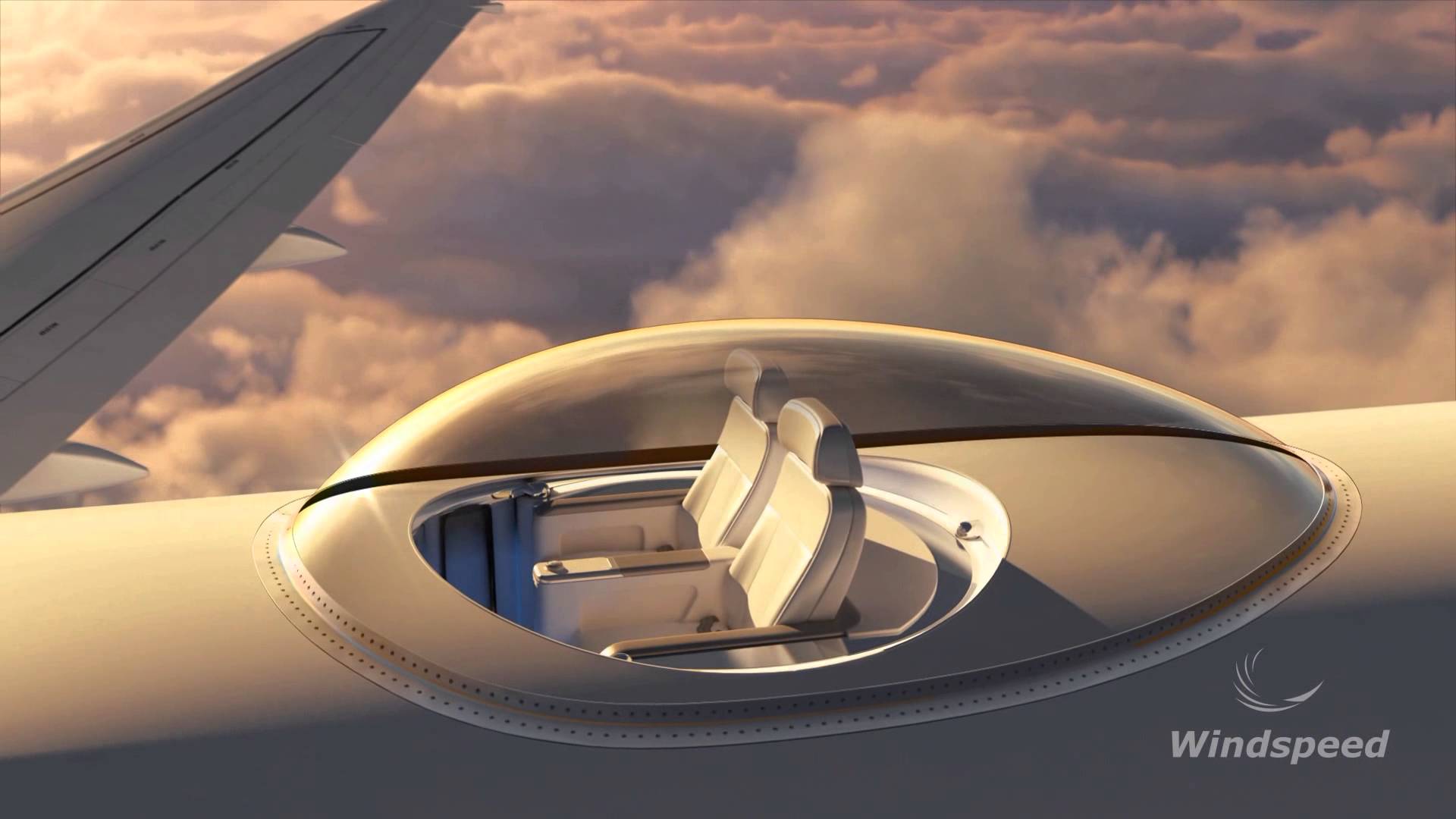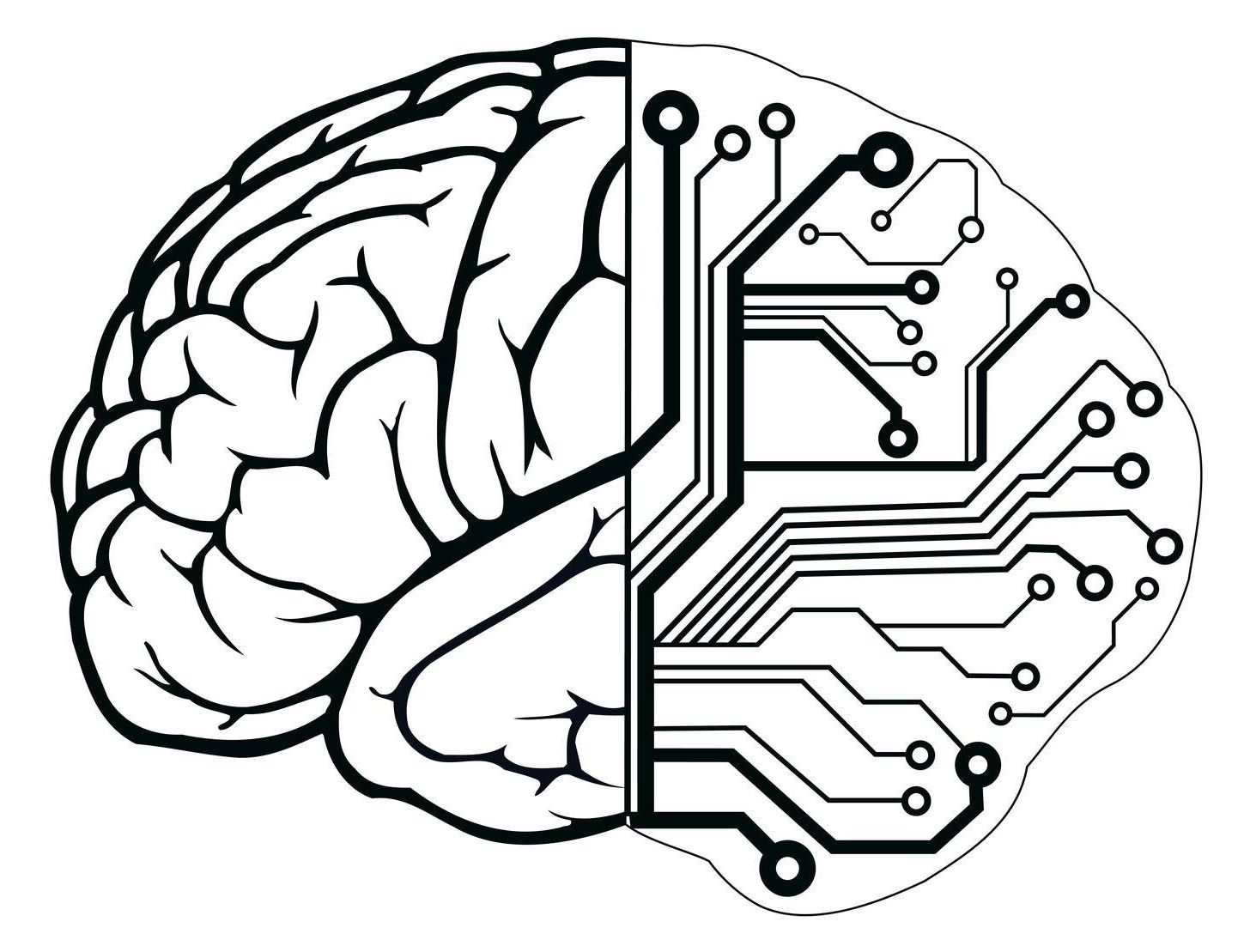Page 11814
Dec 11, 2015
Gene therapies to reverse human aging – Interview with entrepreneur Elizabeth Parrish
Posted by Shailesh Prasad in categories: biotech/medical, life extension
This article is based on my skype conversation with Elizabeth Parrish, founder and CEO of BioViva. BioViva is a biotech company in the Seattle area focused on developing gene therapies to mitigate the diseases of aging. Liz is currently experimenting these therapies on herself. Her research was recently covered in a MIT Technology Review article and she did an AMA on Reddit you may want to check out.
Dec 11, 2015
Book Reviews: The State of the Future 2015–16 — By Linda MacDonald Glenn | h+ Magazine
Posted by Odette Bohr Dienel in category: futurism
Dec 11, 2015
Elon Musk Debuts the Tesla Powerwall
Posted by Lily Graca in categories: Elon Musk, sustainability, transportation
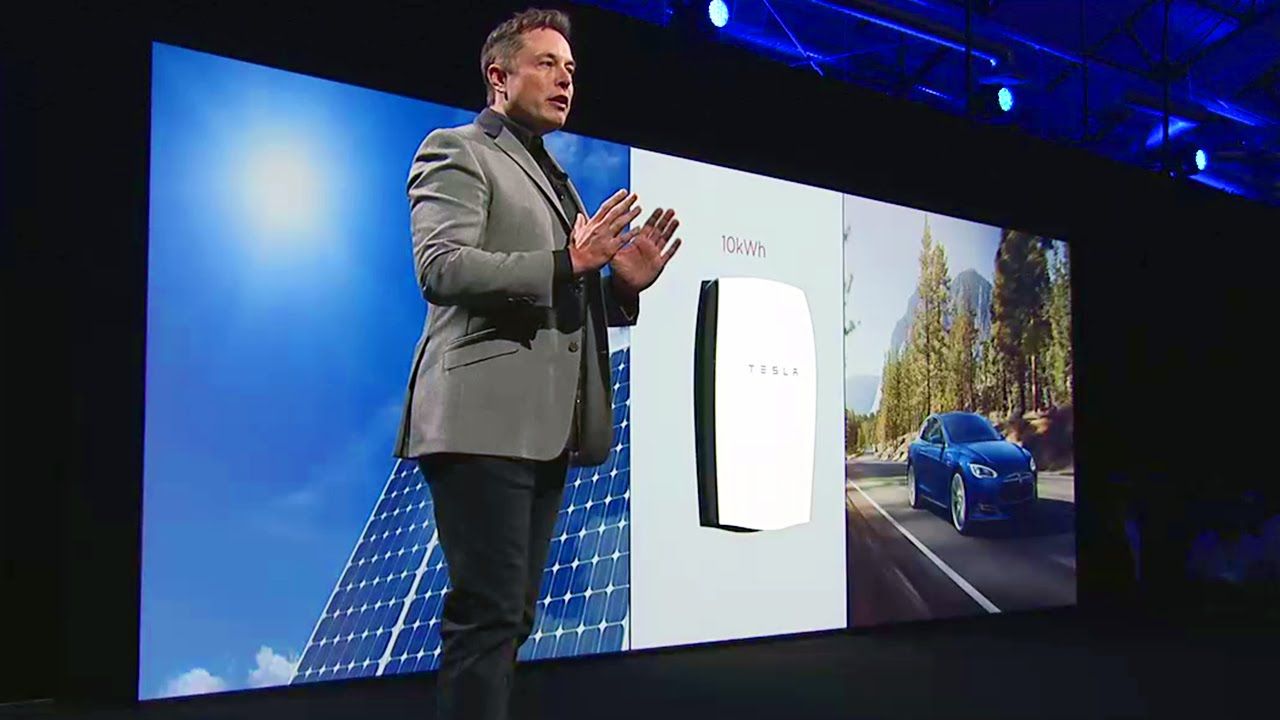
https://www.youtube.com/watch?v=yKORsrlN-2k
Tesla Powerwall Keynote by Elon Musk “The Missing Piece”
English and Spanish subtitles added, credit to Luis Gámez for transcribing and translating.
Dec 11, 2015
Magnet levitating on high-temperature superconductor, cooled with liquid nitrogen
Posted by Shailesh Prasad in category: futurism
Dec 11, 2015
Elon Musk Is Ready to Conquer Mars
Posted by Klaus Baldauf in categories: Elon Musk, space travel, transportation
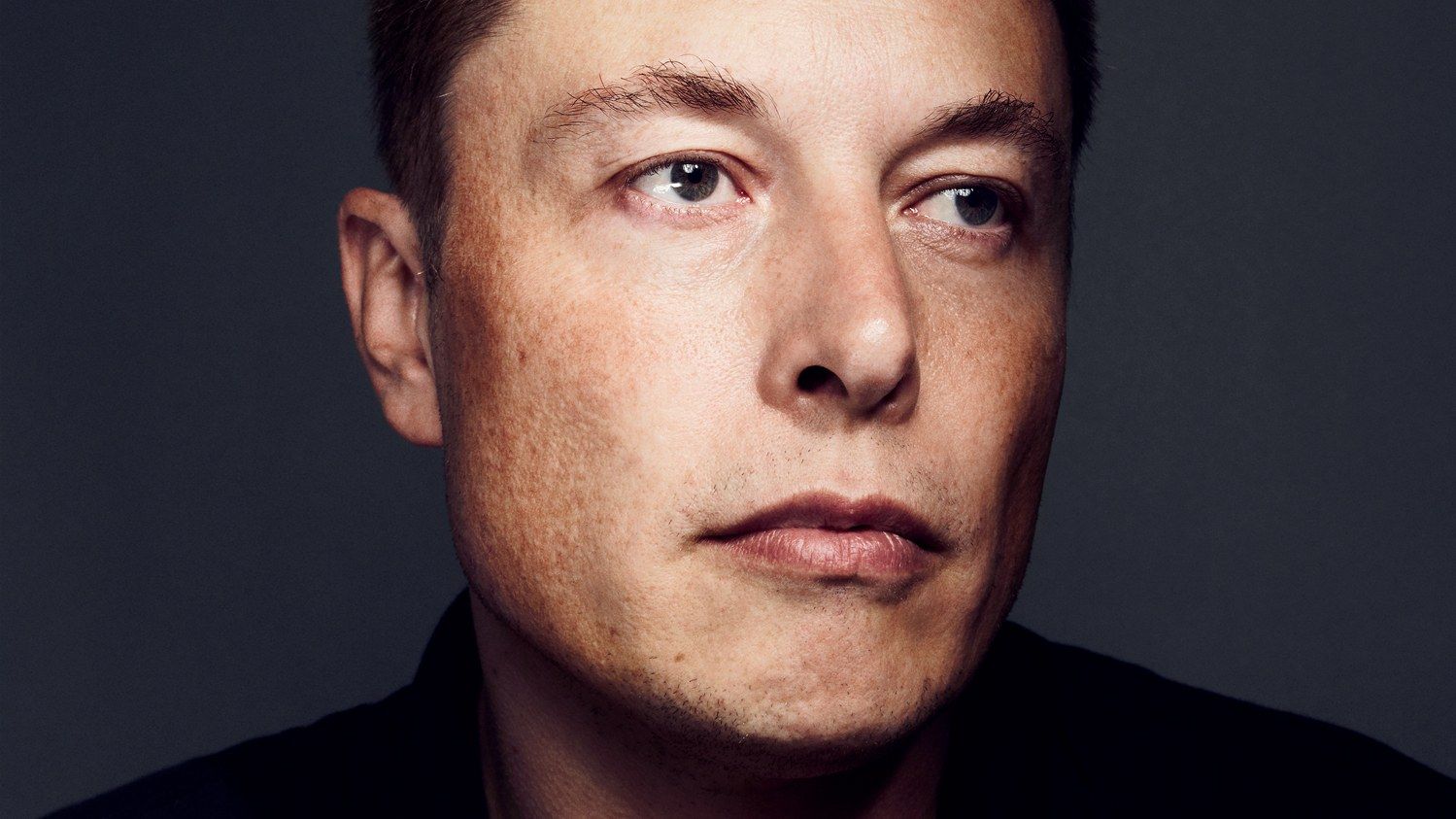
One of his companies is trying to upend the auto industry. Another of his companies is trying to put people on Mars. Yet another is trying to bring electricity to everyone who needs it. Elon Musk wants to reinvent the world in a single lifetime. But is the future ready for Elon Musk?
Following the current fashion for visionary technological geniuses to be portrayed through three critical moments in their lives, * here are three from Elon Musk’s. Except, in this case, they all come from one single day—October 12, 2015, a Monday—a day that feels like it could’ve been pretty much any day in Musk’s life right now.
Dec 11, 2015
If you’re an “AI safety lurker,” now would be a good time to de-lurk
Posted by Phillipe Bojorquez in categories: robotics/AI, transportation
Recently, the study of potential risks from advanced artificial intelligence has attracted substantial new funding, prompting new job openings at e.g. Oxford University and (in the near future) at Cambridge University, Imperial College London, and UC Berkeley.
This is the dawn of a new field. It’s important to fill these roles with strong candidates. The trouble is, it’s hard to find strong candidates at the dawn of a new field, because universities haven’t yet begun to train a steady flow of new experts on the topic. There is no “long-term AI safety” program for graduate students anywhere in the world.
Right now the field is pretty small, and the people I’ve spoken to (including e.g. at Oxford) seem to agree that it will be a challenge to fill these roles with candidates they already know about. Oxford has already re-posted one position, because no suitable candidates were found via the original posting.
Dec 11, 2015
Farma bioreactor could let owners brew drugs at home
Posted by Klaus Baldauf in categories: biotech/medical, food
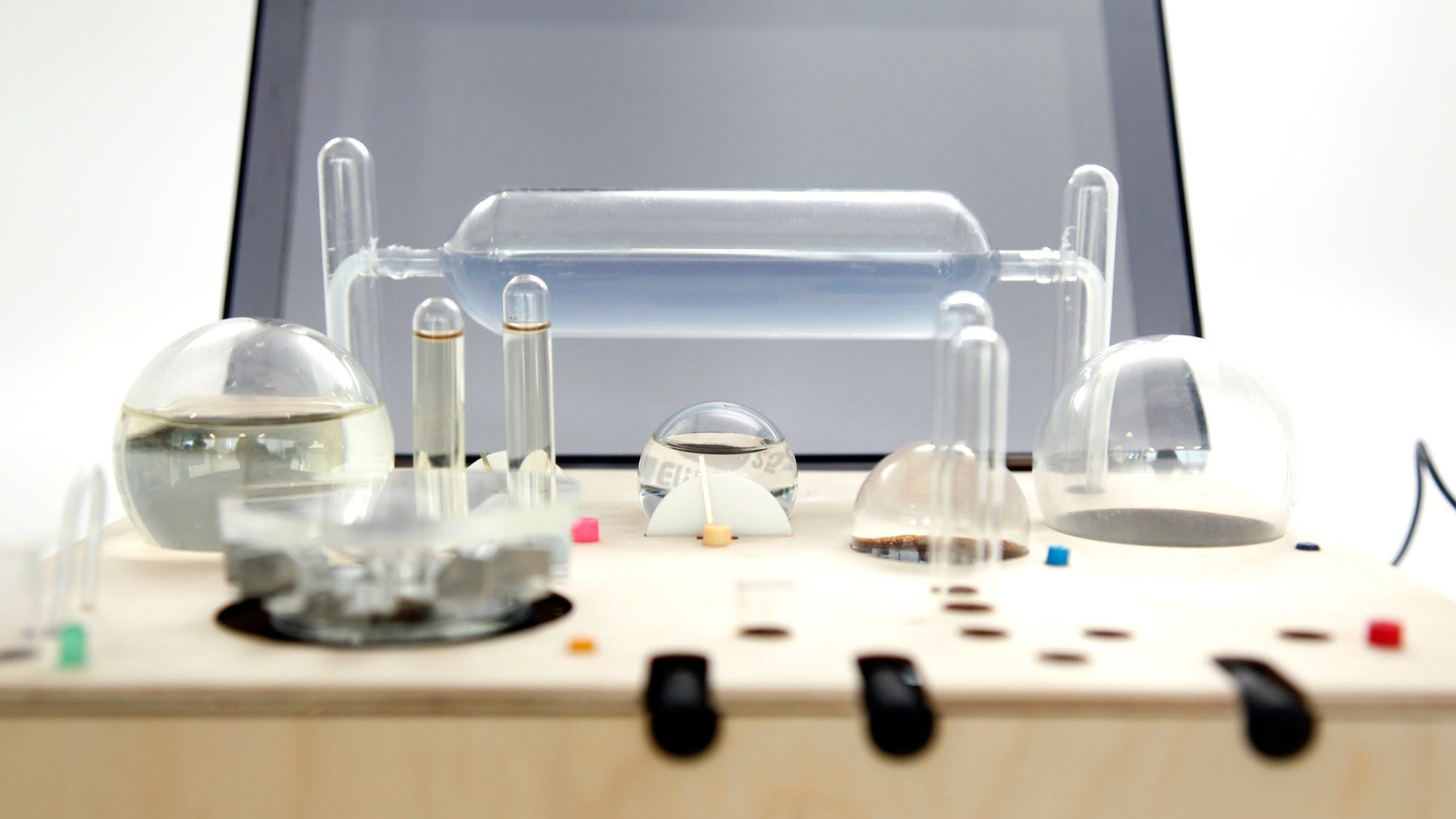
MIT Media Lab graduate Will Patrick has designed a prototype desktop bioreactor that could enable the production of pharmaceutical drugs at home.
The cylinder-shaped Farma kitchen appliance could be used to grow, measure, filter and dry synthetically designed microbes.
Continue reading “Farma bioreactor could let owners brew drugs at home” »
Dec 11, 2015
Computing with time travel
Posted by Andreas Matt in categories: computing, quantum physics, time travel
Why send a message back in time, but lock it so that no one can ever read the contents? Because it may be the key to solving currently intractable problems. That’s the claim of an international collaboration who have just published a paper in npj Quantum Information.
It turns out that an unopened message can be exceedingly useful. This is true if the experimenter entangles the message with some other system in the laboratory before sending it. Entanglement, a strange effect only possible in the realm of quantum physics, creates correlations between the time-travelling message and the laboratory system. These correlations can fuel a quantum computation.
Around ten years ago researcher Dave Bacon, now at Google, showed that a time-travelling quantum computer could quickly solve a group of problems, known as NP-complete, which mathematicians have lumped together as being hard.
Dec 11, 2015
Reality Check: The Universe Is (Probably) Not a Hologram
Posted by Andreas Matt in category: space
An experiment at Fermilab to determine if everything in the universe is just a hologram reassures us it probably isn’t.
